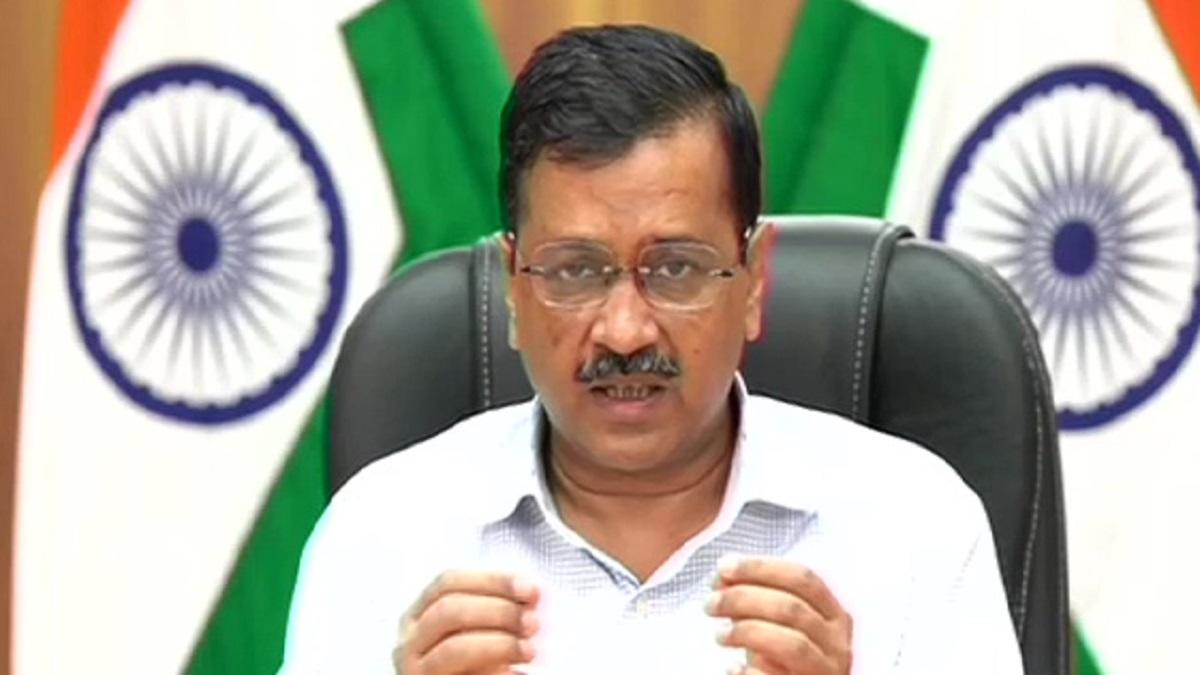Singapore government objected to Delhi CM Kejriwal's tweet. The high commissioner made it clear that Delhi CM does not have the ability to speak on this. Kejriwal tweeted a tweet about the Singapore variant of Corona.
In the wake of the alleged new strain of Coronavirus in Singapore, Delhi CM Chief Minister Arvind Kejriwal tweeted on Tuesday demanding the cancellation of all Singapore flights. Now the Singapore Government has lodged a strong objection to this. In this regard, the Government of Singapore had summoned the Indian High Commissioner.
Foreign Ministry spokesman Arindam Bagchi tweeted, "Our High Commissioner was asked today by the Government of Singapore to register a strong objection to the tweet of the Delhi CM bearing the 'Singapore Variant'." The High Commissioner made it clear that the Delhi CM does not have the ability to speak anything on the Covid variant or civil aviation policy.
Arvind Kejriwal had said in a tweet on Tuesday, "The new form of Corona that came to Singapore is being described as very dangerous for children, it may come as a third wave in India. My appeal to the Central Government: firstly, Air services with Singapore should be cancelled with immediate effect. And secondly, for children, vaccine options should also work on priority basis.
Singapore Health Minister Ong Ye Kung said in a press conference that B.1.617 'seems to affect children more.' This strain was first found in India. Throughout the press conference, the Education Minister of Singapore said, 'Some of these mutations are more contagious and they are attacking young children. This is a matter of concern for all of us. However, he definitely said that the condition of any of the children who got infected is not critical.
B.1.617 variants of Covid-19 were declared as 'Worry variants' by the World Health Organization (WHO). According to the WHO, it is more contagious than the rest of the variants. This variant came into light in October last year in samples from Maharashtra. It was then called the 'double mutant'. In its report last week, the WHO stated that B.1.617 has spread to at least 44 countries with three of its sub-lines (B.1.617.1, B.1.617.2, B.1.617.3).





The Brief. Sign up to receive the top stories you need to know right now.